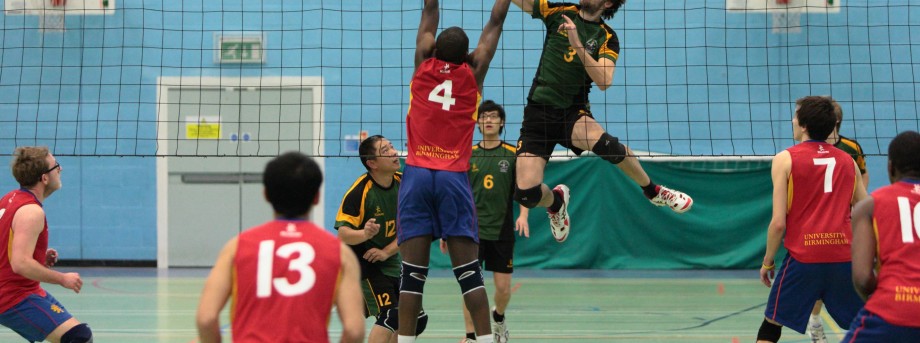The University of Nottingham
 Exchange online
Exchange online
Research Exchange
“If I let go of everything — my thoughts, my words, my feelings, my fears, everything —my body can do anything and my mind becomes completely and utterly still.”
The words of real athletes have been used in a compelling new art installation video that offers an insight into the almost transcendental mental state they achieve which allows them to perform at the peak of their physical powers.
The 10-minute film, The Zone, is a collaboration between the artist and filmmaker David Bickerstaff and Dr Victoria Tischler, a chartered psychologist and lecturer at The University of Nottingham.
Commissioned by Dr Tischler, it is based on research data involving the universities of Nottingham, Bath and Exeter examining how athletes achieve absolute focus.
Using actors to voice the testimony of the athletes over a backdrop of various sporting landscapes including sports apparatus, running tracks, gyms and water-courses, it aims to explore the poetics of athletic experience.
The film received its premiere at the recent annual conference of the British Psychological Society (BPS), whose Qualitative Methods in Psychology section provided sponsorship for the venture.
Dr Tischler’s research expertise lies in exploring the relationship between mental states and the creative processes and the use of the arts and humanities to improve mental health and wellbeing. She is also interested in public engagement with research, particularly using art as a vehicle for communicating complex scientific concepts to a general audience.
She said: “I thought the phenomenon of ‘the zone’ was interesting from a psychological perspective and having seen the data I thought it was poetic and could be presented in a visually engaging way. This has the potential for public engagement, for example, in explaining psychological phenomena to lay people and in motivating people to exercise.
“Qualitative data represents in-depth textual and visual information gathered from individuals to facilitate understanding of subjective experience and process. The aim was to make psychological data available to a wider public and, with the 2012 Olympics fast approaching, sport was an obvious subject to choose.
“The ideas for the film were collaborative and developed between the artist and myself over a series of discussions. I particularly wanted to capture the rhythmic, hypnotic and subliminal nature of the experience of being ‘in the zone’.”
Dr Tischler played an instrumental part in getting the film from research project to screen — she worked on the development of ideas for the visual representation of the research data, selected film locations — some of which were based at The University of Nottingham — co-writing the script and assisted with filming and editing.
Tags: 2012, athletes, British Psychological Society, focus, Olympics, School of Psychology, sport, The Zone
Leave a Reply
Other

Top prize for quantum physicist
A University of Nottingham physicist has won a prestigious medal from the Institute of Physics for […]

Zero carbon HOUSE designed and built by students comes home
Design and construct a low cost, zero carbon, family starter home, transport it to Spain, build […]
